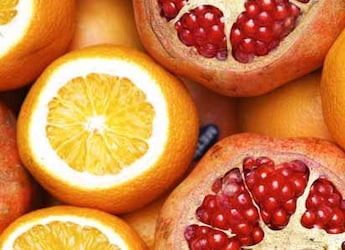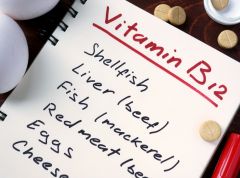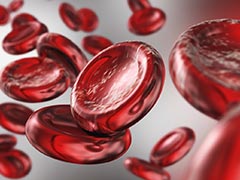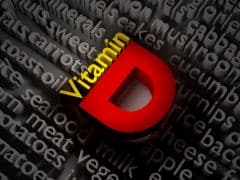


Foods for Vitamin C deficiency: We all know that vitamin C is an essential part of our diet, but do you know what measures can be taken at home to prevent vitamin C deficiency? Read ...

Any nutritional deficiency in the body can lead to a host of health diseases. Among various vitamin deficiencies, one of the most common deficiencies these days is of vitamin B 12.

Iron deficiency affects one in five of the world's population and is more prevalent in pregnant women, say researchers.

Iron deficiency is one condition that is said to result in quite unpleasant symptoms. Such symptoms may affect your day-to-day life as well.

Vitamin D deficiency can also cause rickets -- a softening and weakening of bones in children, usually due to inadequate vitamin D.

Researchers from University of Adelaide have developed a world's first optical sensor that can detect vitamin B12 in diluted human blood - a novel step towards developing a low-cost and portable deficiency test.

Foods for Iron Deficiency: The WHO has come up with a number of dietary tips and food recommendations to combat the global problem of iron deficiency.

Scientists have found that iron deficiency anaemia may increase the risk of hearing loss, a finding that may open new possibilities for early identification and appropriate treatment of the condition.

Deficiency in the levels of Vitamin D may increase the risk of chronic headache in middle-aged and older men, according to a new study.

Magnesium Deficiency: Here are some common signs of magnesium deficiency and foods that can help boost your intake.